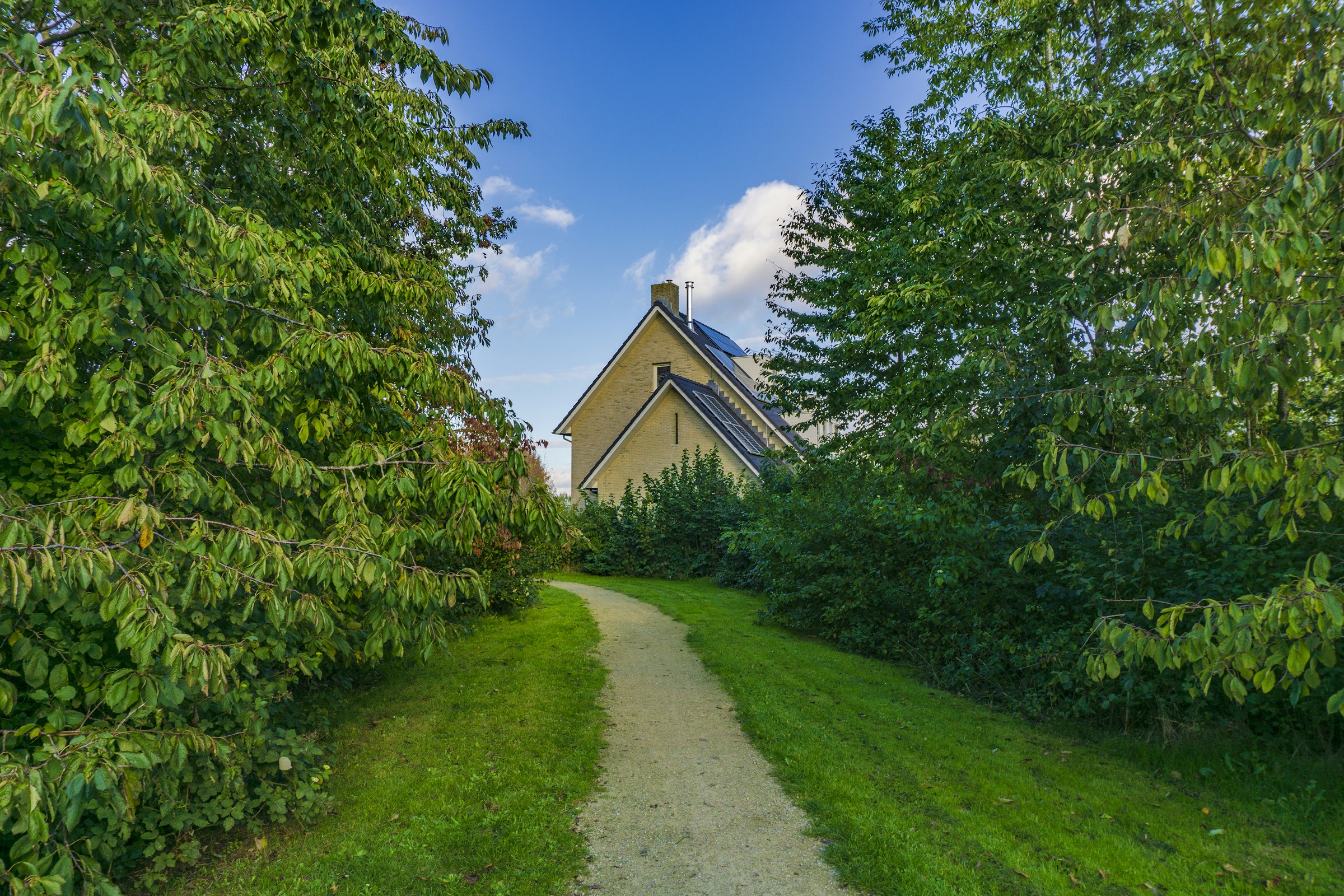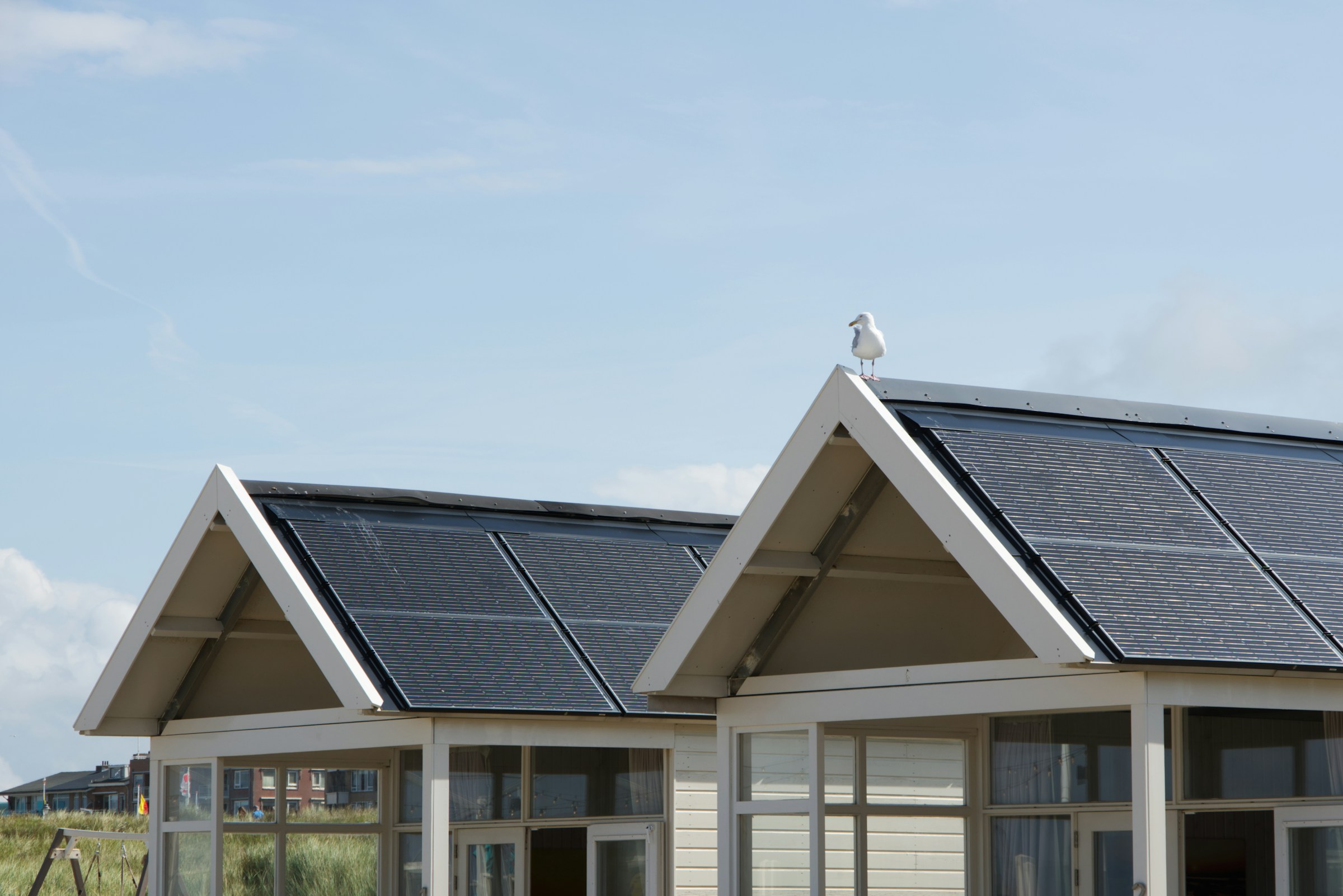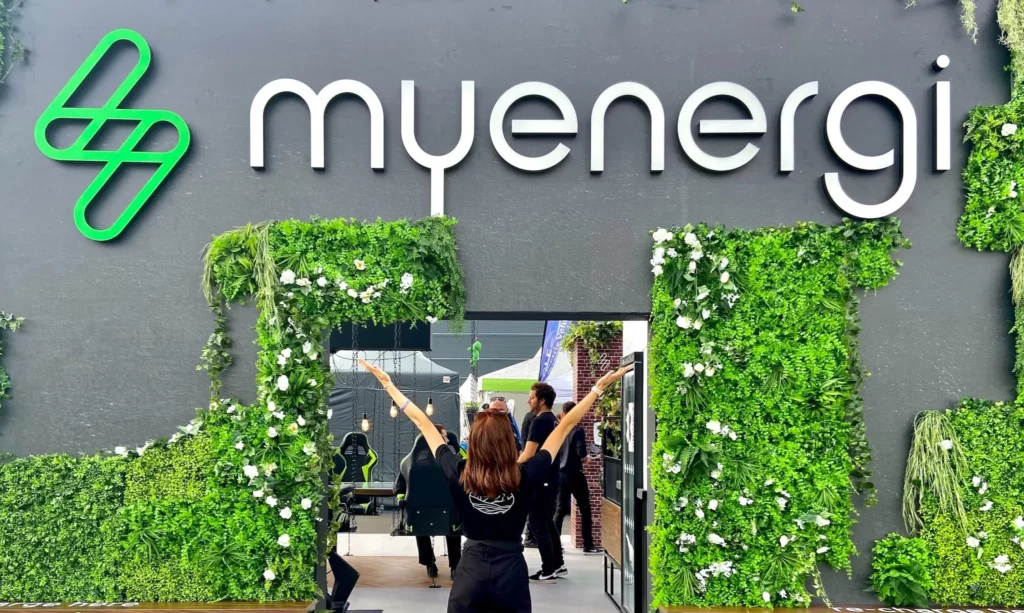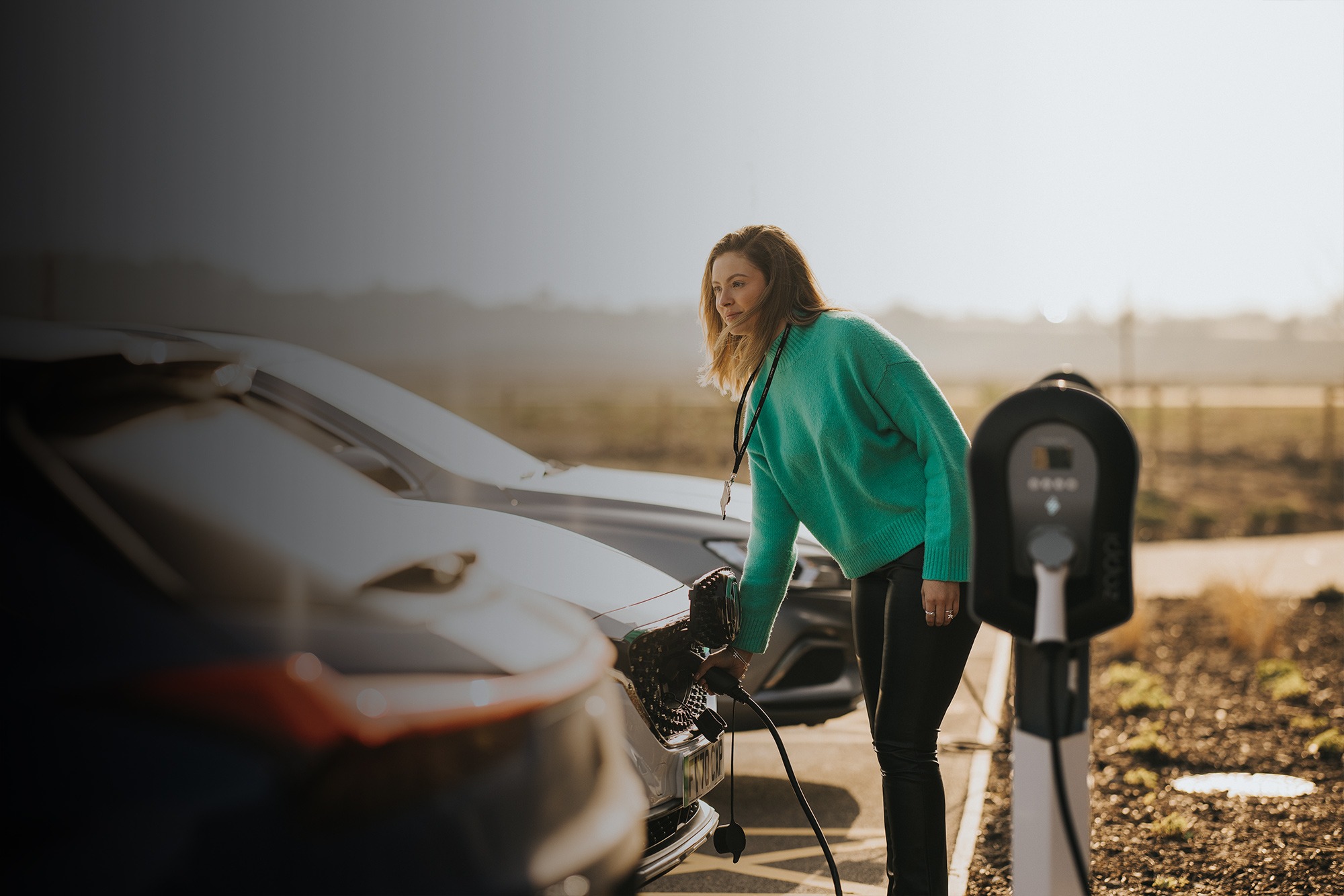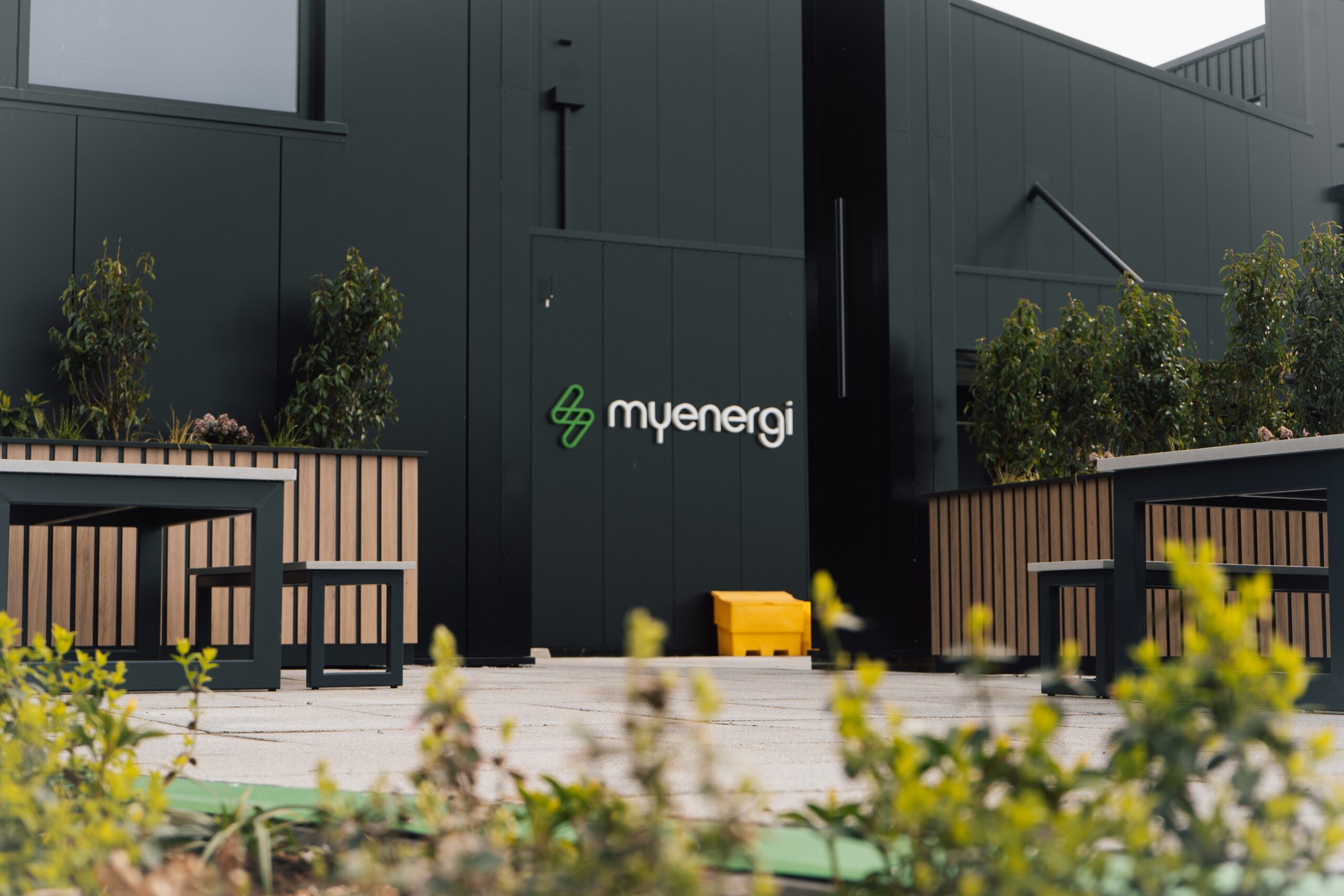With the world well and truly shaken by the growing concerns and consequences of COVID-19, rarely has there been a better time to remind ourselves to be kind; to be caring and considerate; to show compassion and empathy for one another.
While it should not take a global pandemic to heed such a reminder, it is often in times of crisis that the importance of building such bridges and connections is so firmly underlined. This is when the very best of us should conquer the very worst of us.
The eyes of the UK are transfixed on social media and the news, looking for leaders to step up and guide us through combating Coronavirus. Many of the British public are currently self-isolating, working from home and avoiding public transport and commuting. And while this has caused rather drastic and sudden changes to our everyday lives, it has also forced us to take a step back from the increasingly hectic and busy world in which we operate. So, how has lockdown affected the environment & climate change?
And sometimes, a step back from our usual reality and the everyday hustle and bustle can help us to realise something much bigger than ourselves…
The bigger picture…
Events are being cancelled, meetings are being postponed, shops, restaurants and offices are closing… It’s safe to say our schedules have shifted dramatically in a very short space of time.
Most of us are no longer commuting to work every day in our cars, trains and buses. Flights are being cancelled, holiday plans put on hold, and we are spending more time than ever before indoors, in our homes. Our roads are much clearer and our towns far less congested (supermarkets aside), and this has had quite the effect on the environment.
Some people are actually beginning to question whether Coronavirus is in fact Mother Nature’s way of getting us to slow down, take a step back and take a long, hard look at the impact our actions have on the planet we call home.
Cancelled flights plus less commuting equals…
Air travel is a huge contributor to global emissions, with some previous reports suggesting that “airplanes could generate 43 gigatonnes of planet-warming pollution through 2050”.
Last year, 4.5 billion people travelled by plane, accounting for 2% of all human-induced carbon dioxide emissions. Meanwhile, commuting and travelling by car, bus or plane can account to up to 171g of CO2 emissions per passenger per km travelled.
There is no question that the global reaction to COVID-19 has reduced these ‘human-induced carbon dioxide emissions’. After all, less travel, whether it’s by plane, tram, bus, boat or any other mode of vehicular transport, equals fewer emissions. Fewer emissions equal cleaner air, and more room for nature to breathe.
Some reports are even suggesting that human activity and our destruction of nature in the form of deforestation, hunting, mining and road-building may actually cause diseases such as COVID-19 to arise.
“We cut the trees; we kill the animals or cage them and send them to markets. We disrupt ecosystems, and we shake viruses loose from their natural hosts. When that happens, they need a new host. Often, we are it.”
These are the words of science and nature writer David Quanmen in the New York Times. Could he be right?
Is this Earth’s way of taking a breather?
The dangers and impact of COVID-19 are, of course, undeniable and should be taken extremely seriously.
Families all over the world have already suffered unimaginable tragedy as a result of the virus, and it is important that we do not forget this. It’s absolutely crucial that we continue to adhere to the health and safety guidelines to prevent and reduce further impact.
However, the result of said guidelines and the changes to our everyday routines have actually already had a positive effect on the environment, causing more people to reflect on the impact their actions have on mother nature and the atmosphere.
According to NASA and the European Space Agency, China – one of the first places to be impacted by Coronavirus – has seen significant decreases in nitrogen dioxide following the economic deceleration caused by the virus. The number of “good quality air days” in China increased by 21.5% in February, too.
Pollution has also dramatically decreased in Italy, another country that is now in lockdown.
Government and healthcare-advised lockdowns in usually congested cities across the world have sparked immediate consequences on the environment. The empty streets and canals of Venice, for instance, have resulted in the waters becoming much clearer, so much so that animals such as dolphins, swans and fish have begun to reclaim the city.
The cutdown in industrial activity, electrical production and transport have led some environmental experts to draw potential parallels between our reaction to such a pandemic and our preparation for climate change.
There is no guarantee that the positive environmental consequences will be long-lasting following the creation of a vaccine and a return to normalcy, but we have every faith in humanity that we will come out of this crisis more connected, more empathetic, and more awake to the impact of our actions on the world around us.
What precautions are myenergi taking to combat COVID-19?
At myenergi we’re taking the COVID-19 very seriously.
We’ve made sure that everyone that can work from home has been equipped to do so and we’re also taking time to understand and support the needs of everyone in the team, whether they are self-isolating, having to adapt childcare with the schools being closed or simply worried about what’s going on. That includes setting up messaging groups and regular catch-ups so that everyone stays connected and we keep the myenergi team together.
Production is continuing but they’ve taken over the empty offices to make sure we can promote social distancing whilst continuing to supply our customers.

Of course, we are continuing to monitor the situation very closely and follow Government and medical advice as it’s made available. Our Leadership Team meet (online!) every day to check-in, share concerns and advice, and make sure that everyone is looked after,
The perfect time to reflect, connect and take control
As has been made apparent by government announcements and emerging news stories, a virus can spread tremendously quickly and easily.
With self-isolation recommended for many of us, it can be easy to grow divided, to lose grasp of the connections we hold so dear. But what we have seen so far, particularly among our community of myenergi installers, customers, team members and our fellow eco-warriors, is an even greater sense of unity, empathy and community.
Every day, we are sharing knowledge and continuing to find new ways of forming strong connections with one another. Yes, a virus can spread dramatically, but you know what else can spread just as quickly? Positivity. Kindness. Empathy. Compassion. Love. And it’s going to take a lot more than a virus or quarantining to truly divide us.
The one thing that every single one of us share is the planet we call home. It needs protection. It needs saving. And there has never been a clearer time or signal to reflect, connect, and most importantly slow down.
The world has grown so busy and hectic in recent years, yet now we are having to come to terms with the fact we may not be as in control as we once believed.
The universe is speaking to us. All you have to do is listen.


